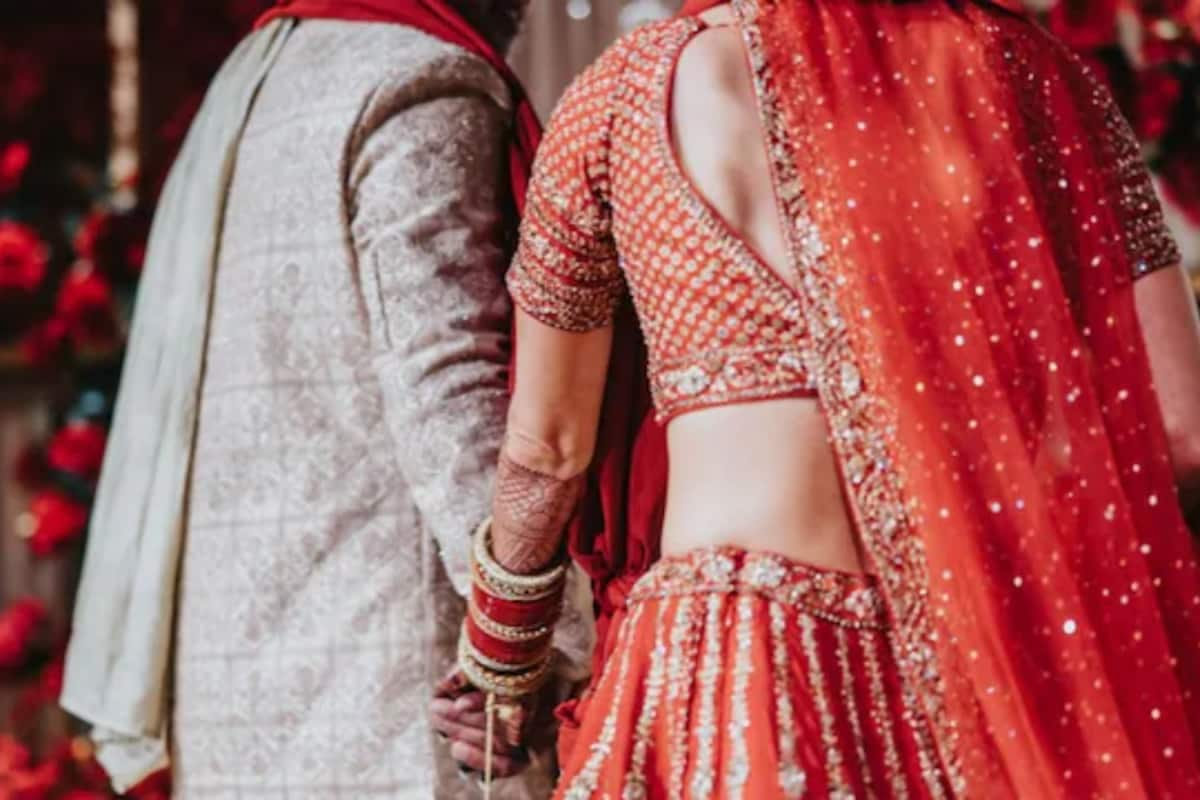

The Allahabad High Court has ruled that a Hindu marriage is valid even without a registration certificate. The court emphasized that the absence of a marriage registration certificate does not invalidate the marriage. This ruling came while the court was hearing a petition filed by Sunil Dubey, who was challenging a family court order that had rejected his request to be exempt from submitting a marriage registration certificate during divorce proceedings.
Justice Manish Kumar Nigam, presiding over the single-judge bench, overturned the Azamgarh family court's order, which had rejected the couple's mutual divorce petition solely because they did not present a marriage registration certificate. The High Court clarified that presenting a marriage registration certificate is not mandatory to obtain a divorce under the Hindu Marriage Act of 1955.
The court stated that state governments have the authority to create marriage registration rules, including maintaining a Hindu Marriage Register to record marriage details as prescribed. However, the purpose of this registration is simply to provide convenient evidence of the marriage. The court noted that failing to register a marriage does not affect its validity.
The Allahabad High Court referenced sub-section 5 of Section 8 of the Hindu Marriage Act, 1955, stating that a registration certificate serves only as evidence to prove a marriage. Therefore, the absence of registration does not invalidate the marriage. The court also referred to previous judgments by the Supreme Court and the Allahabad High Court, including the Supreme Court's 2014 judgment in Dolly Rani v. Manish Kumar Chanchal and the Allahabad High Court's April 2025 ruling in Maharaj Singh vs. State of U.P. and Another.
The High Court noted that before the Hindu Marriage Act of 1955, there was no requirement for the registration of Hindu marriages. It also acknowledged that Hindus generally do not register their marriages, unlike practices such as adoption, property transfers, and partitions.
The court also referred to the Uttar Pradesh Marriage Registration Rules of 2017, which state that a marriage is not illegal for want of registration, whether solemnized before or after the commencement of the rule. Justice Nigam stated that the family court's insistence on the marriage certificate was "uncalled for," especially since the marriage was not in dispute and was admitted by both parties in the mutual consent petition.
The High Court directed the Family Court to proceed with the pending mutual divorce case, ensuring a fair opportunity for both parties to present evidence. The court emphasized that the case should be decided expeditiously and in accordance with the law.